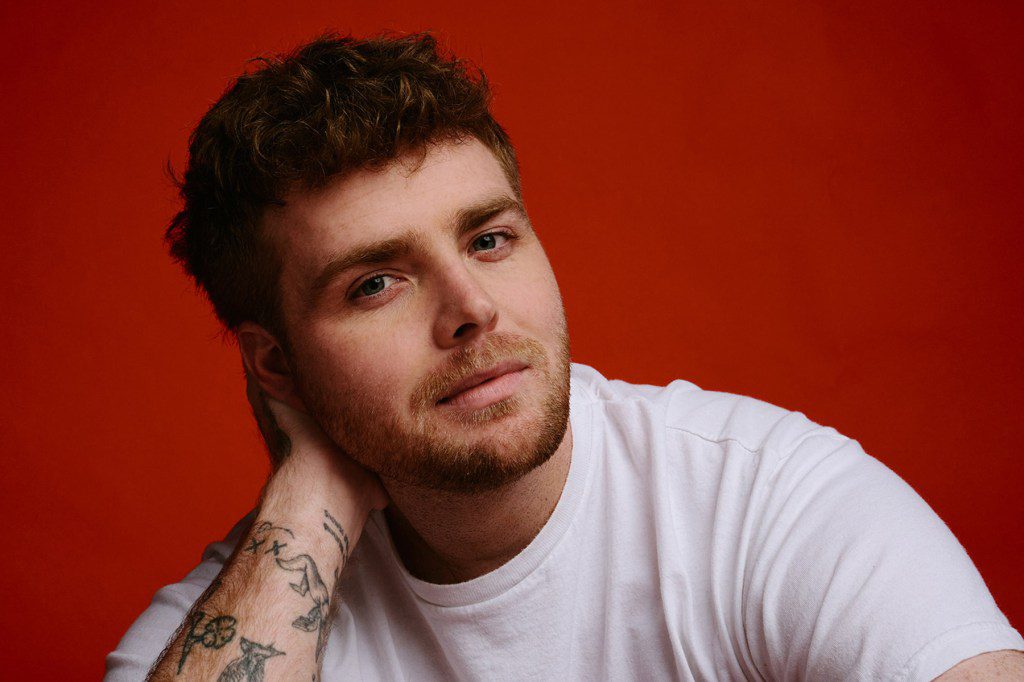Nick Cave discusses influence of Barry Humphries: “He was a hero of mine”
Nick Cave has discussed the influence that fellow Australian Barry Humphries – the comedian and satirist known for his characters Dame Edna Everage and Sir Les Patterson – had on him growing up.
Cave discussed the late Humphries, who died last month aged 89, during an interview with John Wilson for BBC Radio 4’s This Cultural Life program. During the appearance, Cave discussed formative influences and experiences that affected his own life and creative practice, including Humphries along with Johnny Cash, Leonard Cohen, and his wife Susie Cave.
Humphries began performing in Melbourne in the 1950s. His most famous creation, Dame Edna Everage, became a hit both in his own country and overseas, with Humphries satirising the cult of celebrity, class snobbery and prudishness, as well as poking fun at political leaders and fashion.
“He was a hero of mine,” Cave said of Humphries, recounting seeing him perform as Dame Edna Everage in Melbourne when Cave was 15. “[His] shows are extreme. Extremely politically incorrect and offensive on every possible level. And she [Dame Edna] just lets loose. And it’s mostly a satirising of a particular Australian-ness which I think Australia outlived and maybe Barry started to grate to some Australians after a while, but it was so thrilling.”
“It was these sorts of people for me growing up that were my great inspiration, particularly a group of Australians from his generation that were just troublemakers and that stirred the cultural pot, that were social irritants,” Cave added. He also cited writer Germaine Greer, critic Clive James, dramatist David Williamson, cartoonist Michael Leunig and artist Brett Whiteley.
“These people were my heroes because they were just the thorn in the side of Australian culture,” Cave said. “More than my musical heroes to some degree it was these people taught me about, not just the need to push against things, but the great pleasure in doing that.”

Cave said that he had gotten to know Humphries, explaining that the comedian had “gone through a similar thing” when Cave entered a rehabilitation facility for the first time. “He was a recovering alcoholic,” Cave said. “I kept looking around at other musicians or people that had stopped taking drugs and still did good work.
“It wasn’t very encouraging to be honest, and you need this when you are trying to get clean. I always remember seeing this footage of Barry Humphries talking about his sobriety and saying that ‘life got funny’. All of his great work really happened in his sobriety and that meant a lot to me.”
Elsewhere during the interview, Cave revealed Leonard Cohen sent him an email of condolence after his son Arthur died in 2015. “At the time that was out of the blue, it was a compassionate act,” Cave said. “These things kind of change the way you see the world and understand your own potential. These small acts of kindness can have huge reverberating impact on things and I think that helped me enormously. I remember that.”
Humphries died on April 22 at Sydney’s St Vincent’s Hospital following complications from a hip operation. After news of his death emerged, Humphries was honoured by Australian Prime Minister Anthony Albanese, fellow comedians Ricky Gervais and Jimmy Carr, and others.
Earlier this month, Cave attended the coronation of King Charles III after being invited as part of an Australian delegation. Cave defended attending the ceremony on his Q&A website, The Red Hand Files, affirming that he was not a monarchist, royalist nor “ardent republican”.
“What I am also not is so spectacularly incurious about the world and the way it works, so ideologically captured, so damn grouchy, as to refuse an invitation to what will more than likely be the most important historical event in the UK of our age,” Cave said. “Not just the most important, but the strangest, the weirdest.”




